On August 4, 2025, The John J. Brunetti Human Trafficking Academy welcomed to St. Thomas University College of Law a 16-member delegation from the Near East and North Africa, through the International Visitor Leadership Program of the U.S. Department of State and coordinated by the Global Ties Miami. President of St. Thomas University David A. Armstrong, J.D. and The Honorable Tarlika Nunez-Navarro, Dean of the College of Law, welcomed the guests in President Armstrong’s office.
In his welcome address President Armstrong talked about the strategic vision of the University in pursuit of excellence to become the Great Catholic University of the South, and its mission in shaping the future by developing ethical leaders for the global community and contributing to advancing of a value-based society that does not accept the commodification of human beings. He further highlighted STU’s dimension of cultural and international diversity, in its many colleges and programs, such as the human rights program and the Human Trafficking Academy at the College of Law, in line with the universal tenets of the Catholic Social Teaching: human dignity, the common good, and solidarity, also evidenced by the presence at STU of leaders from various countries of the world, today and in over two decades. President Armstrong thanked Dr. Roza Pati for leading the institution’s efforts in educating over 16,000 professionals of all disciplines on human trafficking law and policy, at national and international level — a testimony to STU’s contribution to a world free of slavery and human trafficking.
Dr. Roza Pati, St. John Paul II Distinguished Professor of Law, Director of the LL.M./ J.S.D. in Intercultural Human Rights and Founding Director of The John J. Brunetti Human Trafficking Academy spoke about the Human Trafficking Academy as A Trailblazer in the Anti-Trafficking Efforts in the US and Beyond. Based on her expertise and experience of over three decades in antitrafficking, she emphasized the unique role of academic institutions in educating and training those who work in the trenches and those at the decision-making institutions, both in the public and the private sector. She highlighted the multiple ways that the College of Law’s Intercultural Human Rights Program and the Human Trafficking Academy have contributed towards addressing human trafficking through pioneering work in teaching and training as well as in research and publishing of scholarship throughout the globe.
To address human trafficking of boys through one of the most disturbing forms of trafficking –familial trafficking — the Academy featured one of its Associated Experts, The Honorable Judge Robert R. Lung, 23rd Judicial District of Colorado, and Chair (2020) and Member (2018-2020) of the U.S. Advisory Council on Human Trafficking. Through the narrative of a gripping case, his own case as survivor of familial human trafficking, Judge Lung talked about issues of prevention through education and mitigation through recovery. Of particular emphasis was his focus on trauma and the trauma informed prosecutions. A Q & A session followed the presentations.
The USDOS International Visitor Leadership Program’s Regional Project for the Near East and North Africa brought together at STU College of Law sixteen representatives from Algeria, Egypt, Jordan, Lebanon, Morocco, West Bank, Somalia, and Tunisia. In formal and informal conversations, the dignitaries shared their own experience and their countries’ efforts in building expertise in law, policy and practice. Some of them also shared their research work in investigating and prosecuting the crime of human trafficking and respective efforts in victim assistance. The delegation hailed from departments of justice, interior, labor etc. and it consisted of judges, prosecutors, law enforcement, border protection officers, social service providers, researchers and civil society representatives.
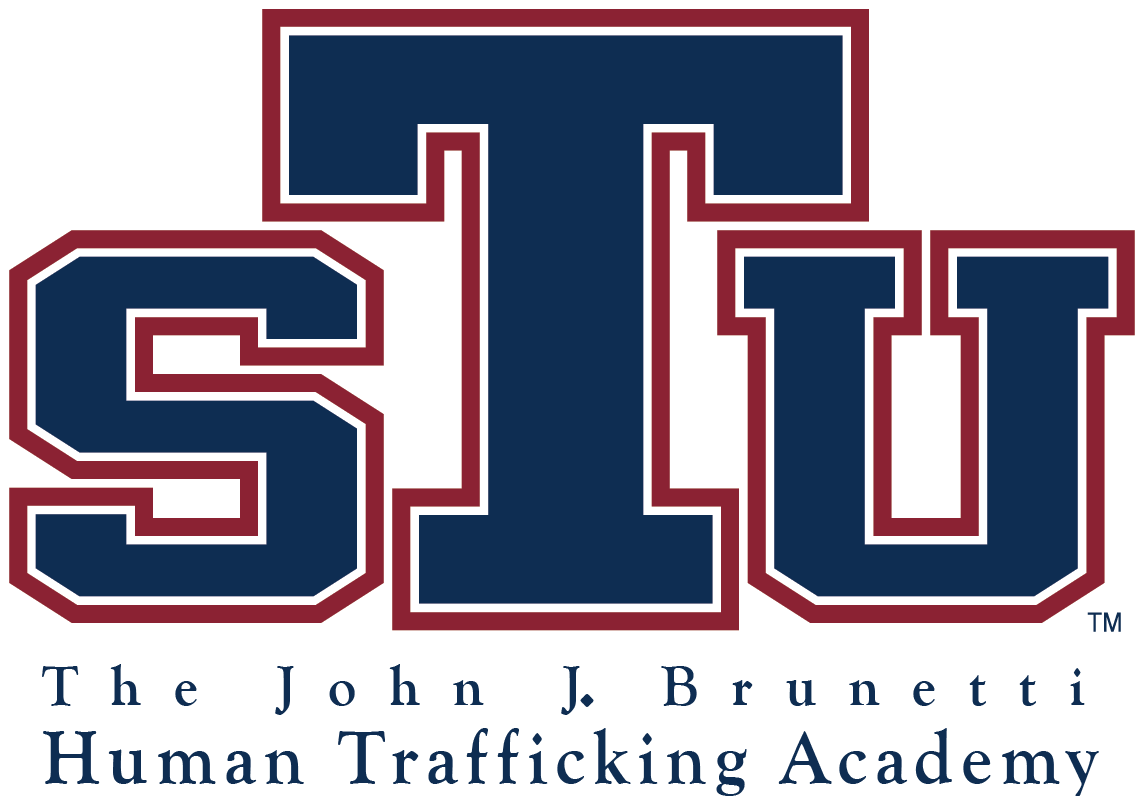



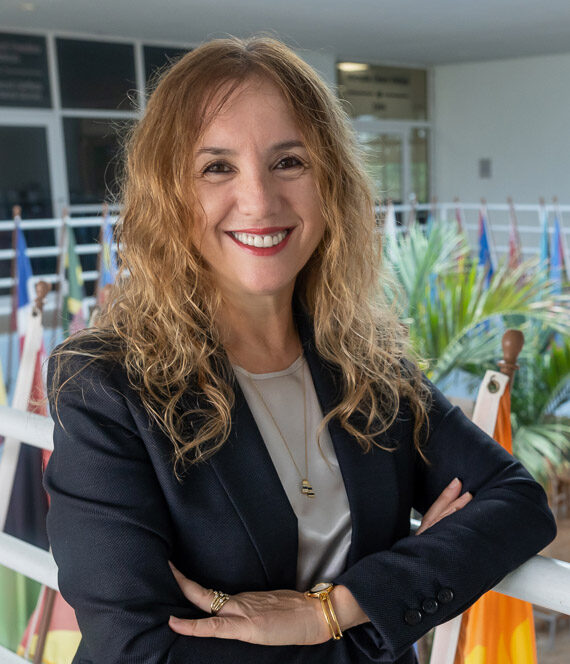 Prof. Dr. Roza Pati
Prof. Dr. Roza Pati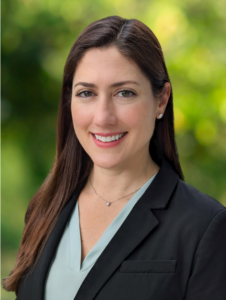
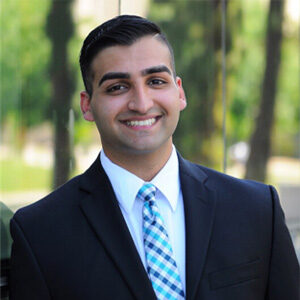
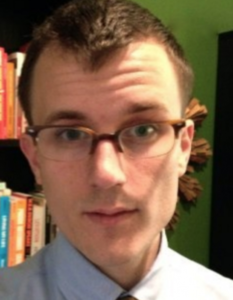 Professor Brendan M. Conner
Professor Brendan M. Conner 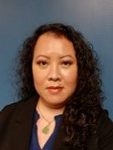 Professor Linh K. Dai
Professor Linh K. Dai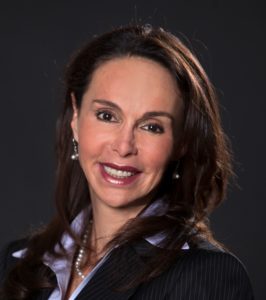
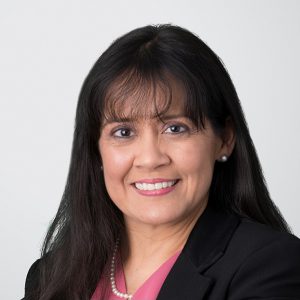
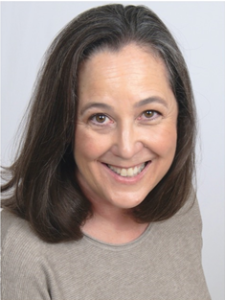
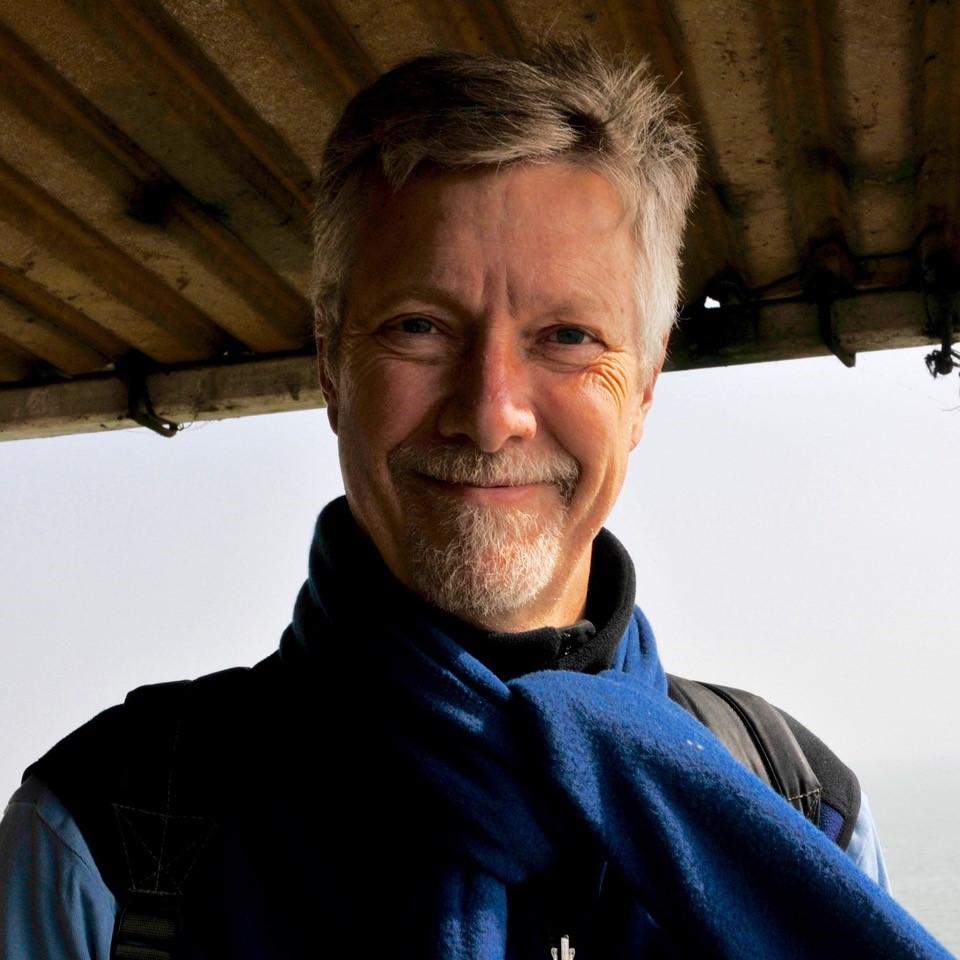
 The Honorable Bella Hounakey
The Honorable Bella Hounakey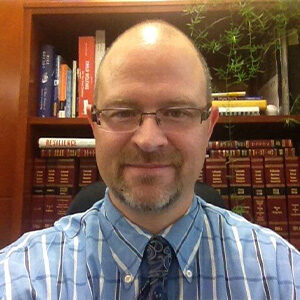
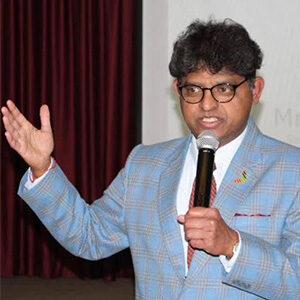 The Honorable Harold D’Souza
The Honorable Harold D’Souza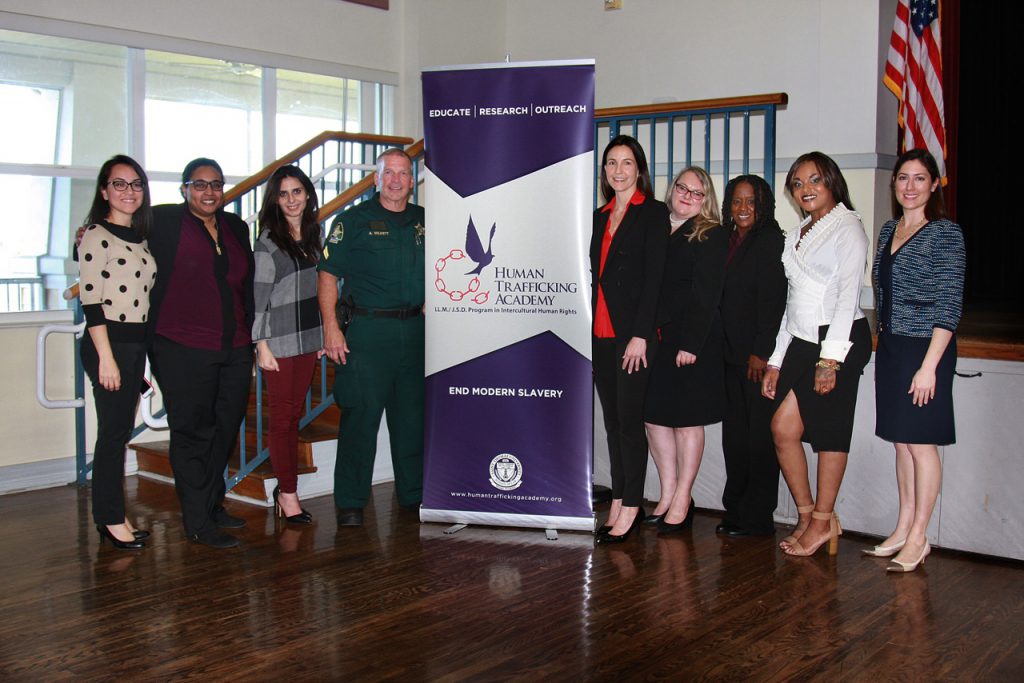
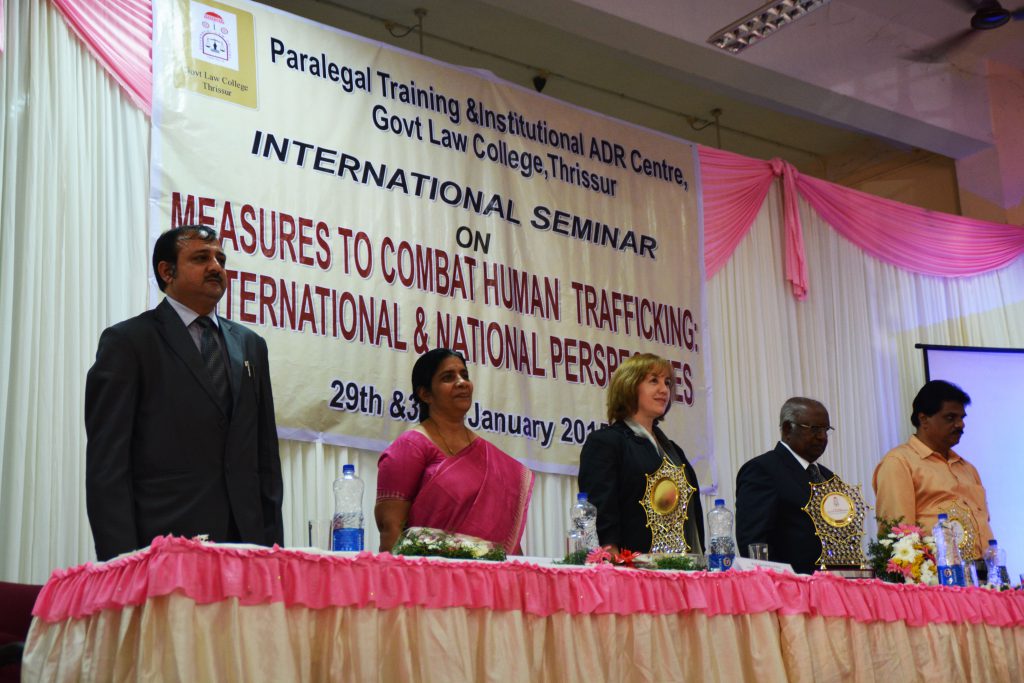
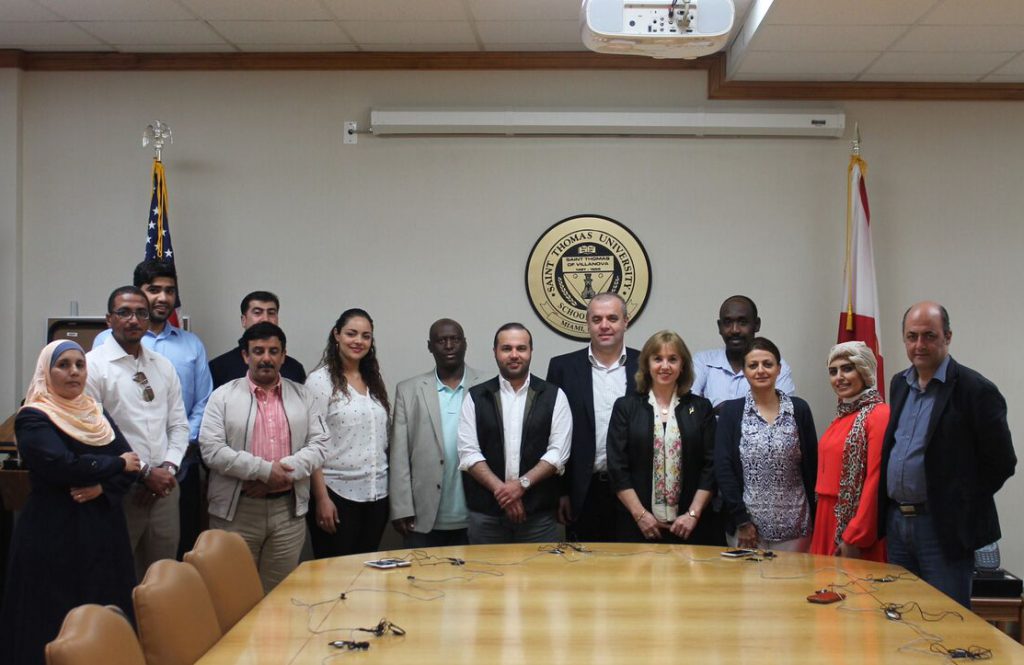
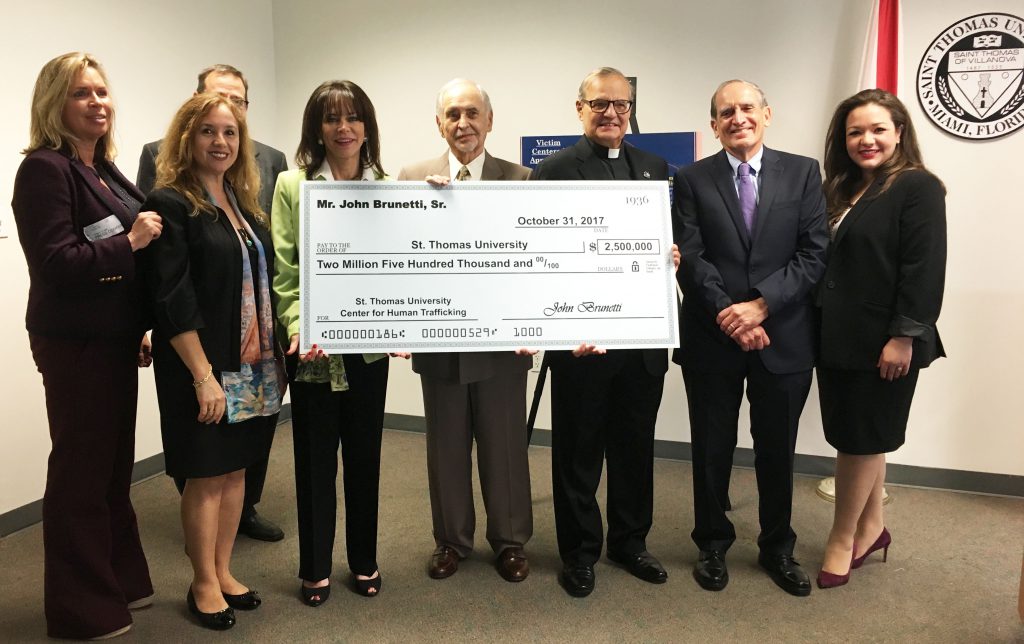
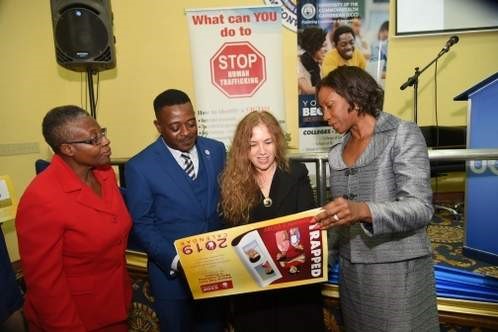
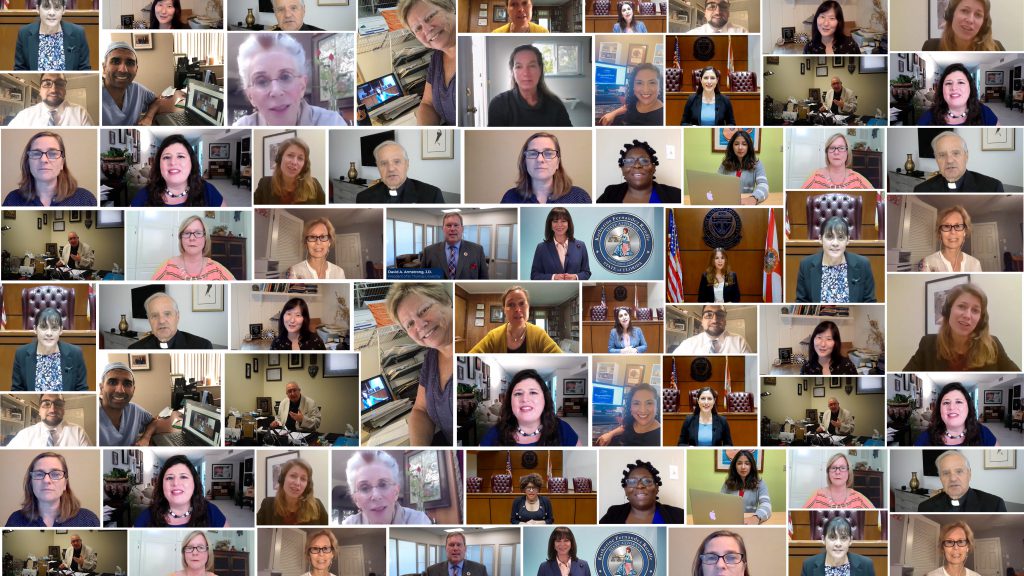
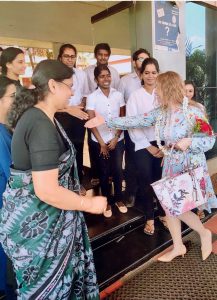
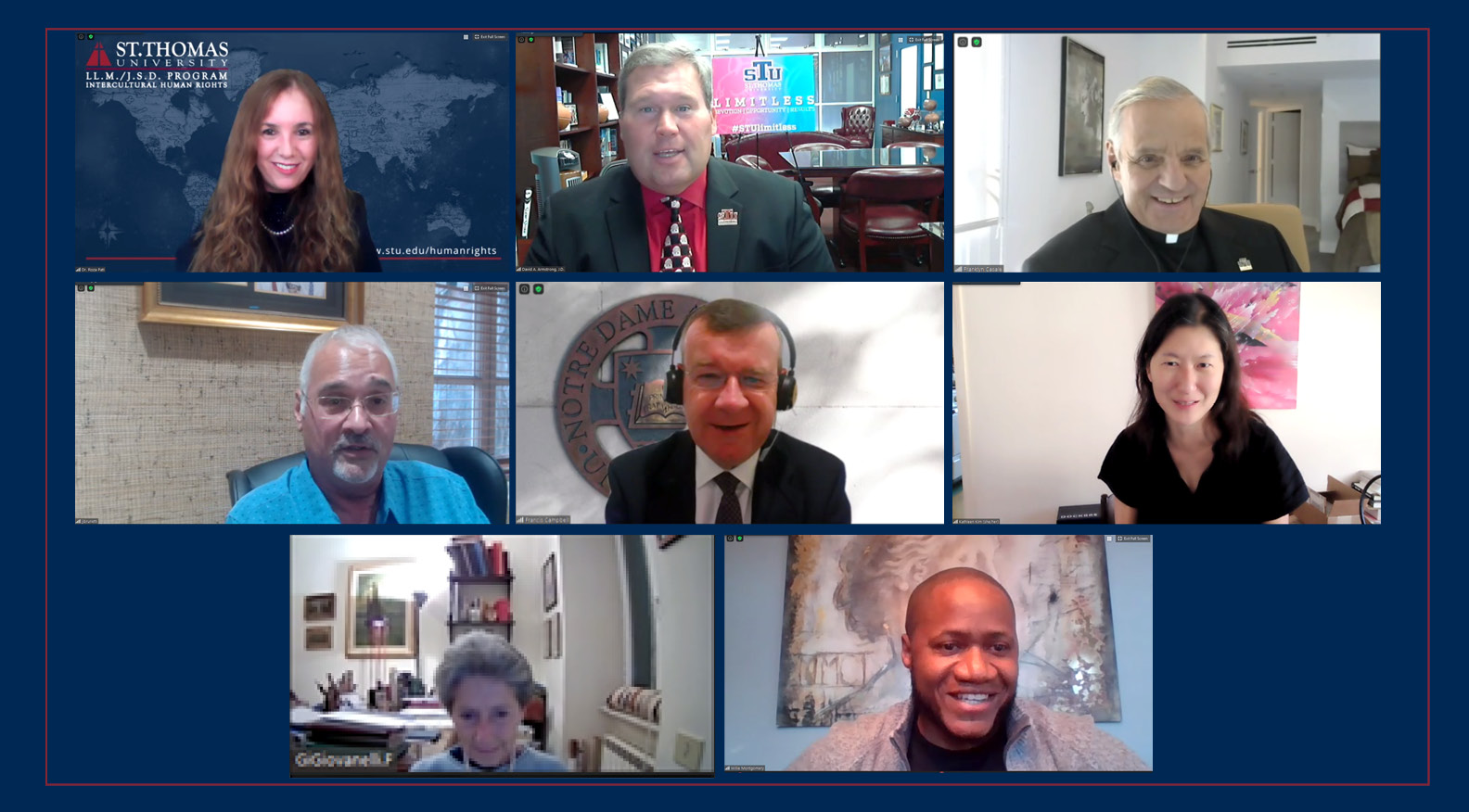
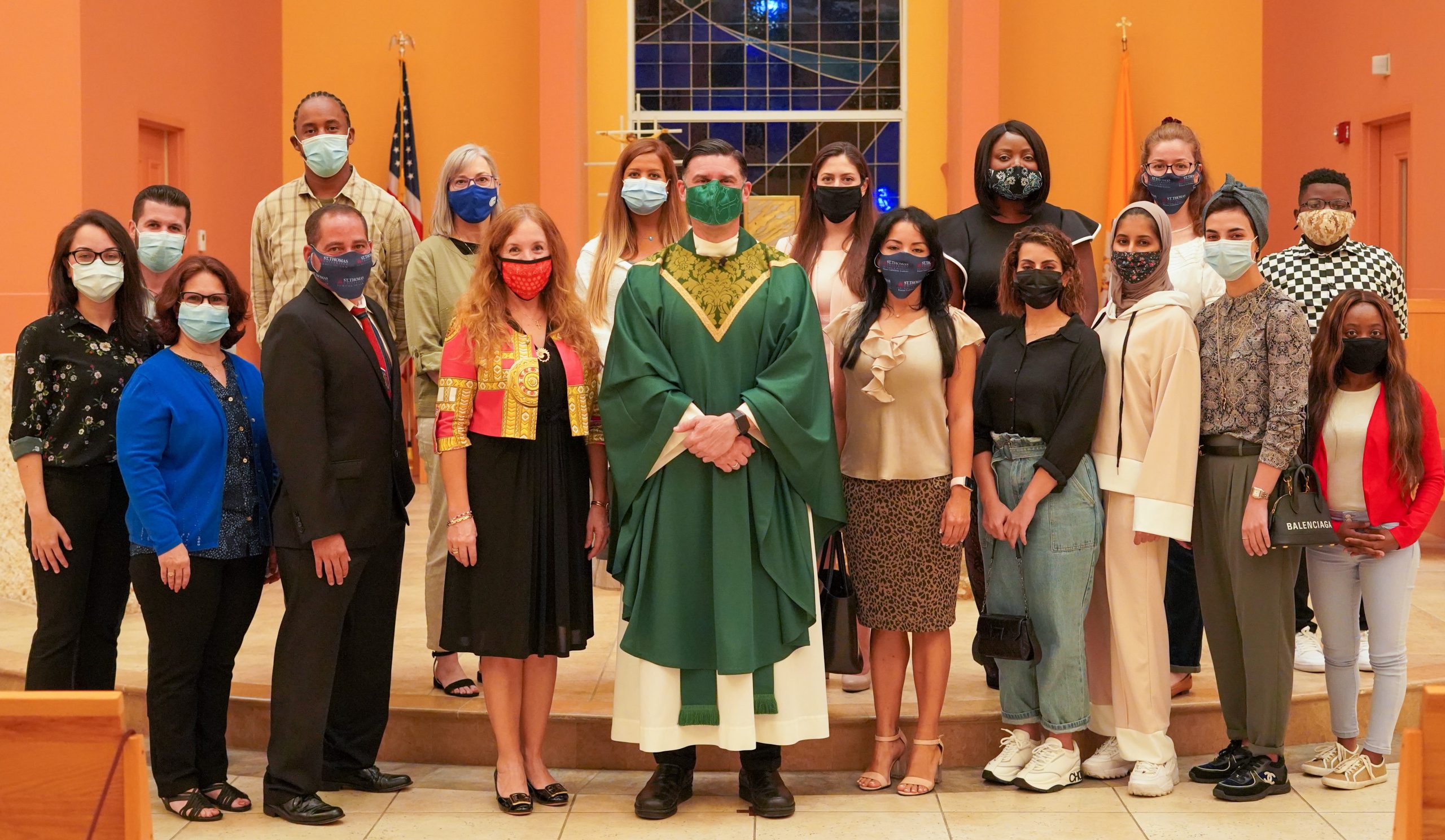
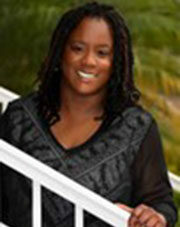 Ramona D. Miller
Ramona D. Miller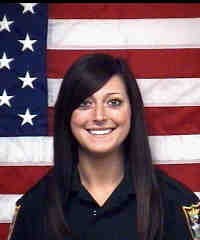 Detective Krysten Ridenour
Detective Krysten Ridenour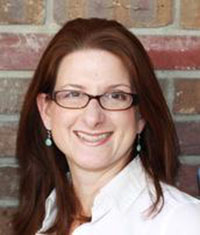
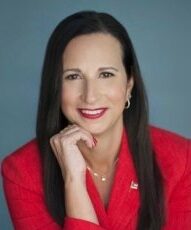 The Honorable Amira D. Fox
The Honorable Amira D. Fox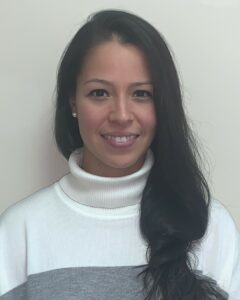 Juliana Diaz, LMHC
Juliana Diaz, LMHC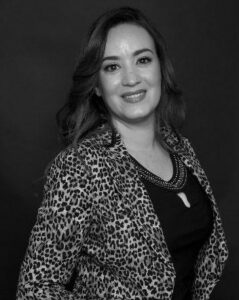 Crystal Lee Hamilton
Crystal Lee Hamilton Erika Pineros, LMHC
Erika Pineros, LMHC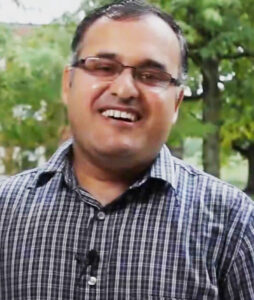 M. Kazam Hashimi
M. Kazam Hashimi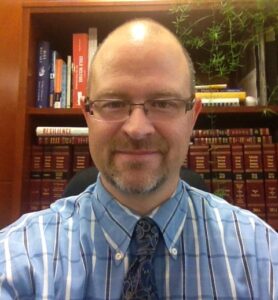
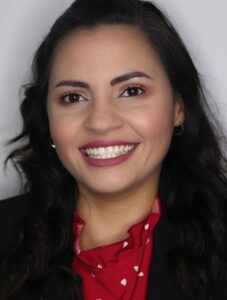 Maryem Reyes
Maryem Reyes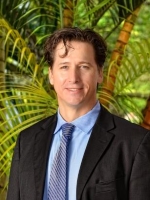
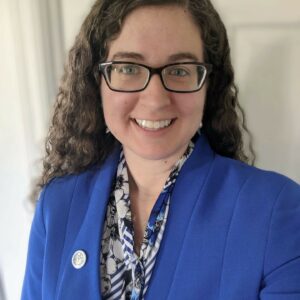 Jennifer Reyes Lay
Jennifer Reyes Lay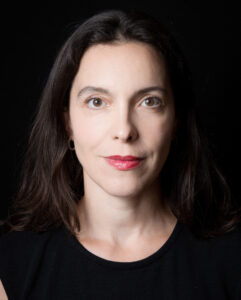 Sloane Davidson
Sloane Davidson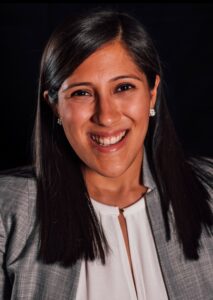
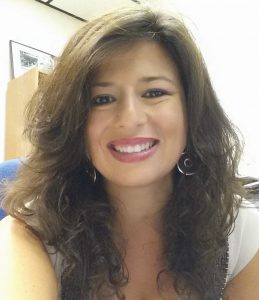 Ana I. Vallejo, Esq.
Ana I. Vallejo, Esq.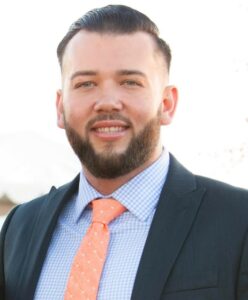 The Honorable Suamhirs Piraino-Guzman
The Honorable Suamhirs Piraino-Guzman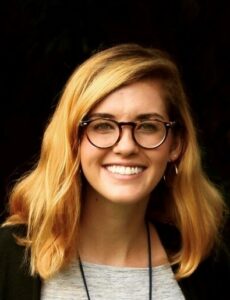 Caroline Chisholm
Caroline Chisholm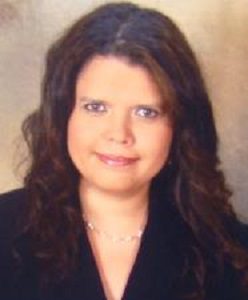 Imelda Medina, MD, MPH
Imelda Medina, MD, MPH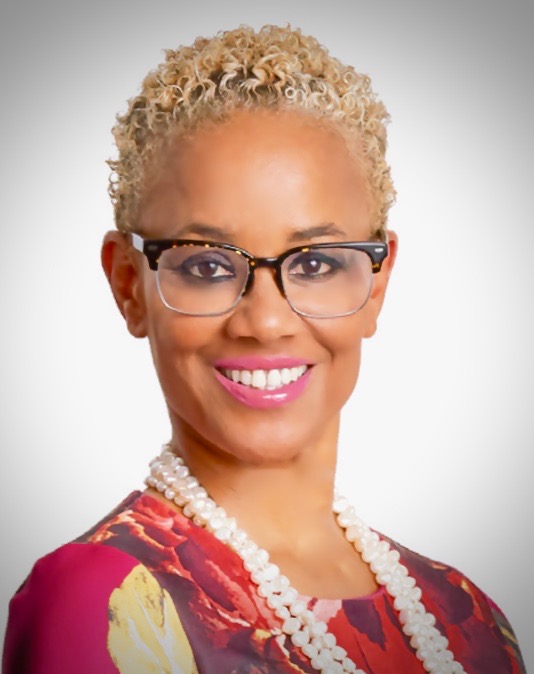
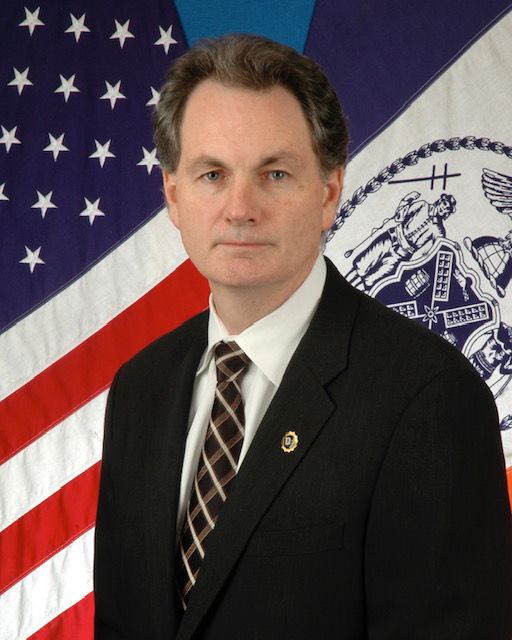
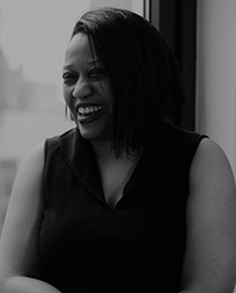 Kutisha T. Ebron
Kutisha T. Ebron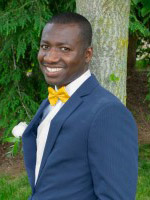 The Honorable Kwami Adoboe-Herrera
The Honorable Kwami Adoboe-Herrera Rebekah Charleston
Rebekah Charleston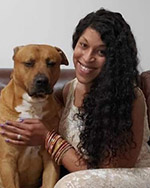
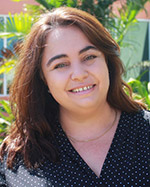 Maria Florencia Cornu Laport, Esq.
Maria Florencia Cornu Laport, Esq.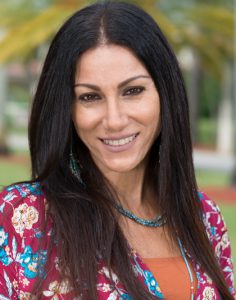
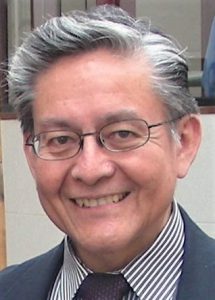
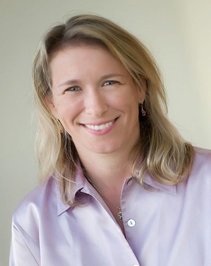
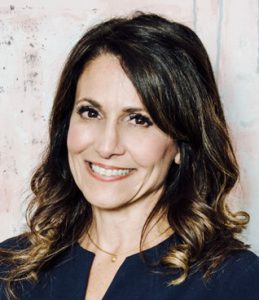

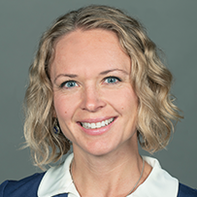
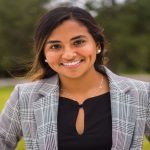 Maria Vega
Maria Vega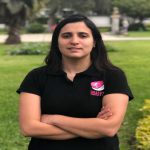
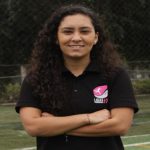


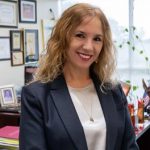
 Gabriela DeBellis
Gabriela DeBellis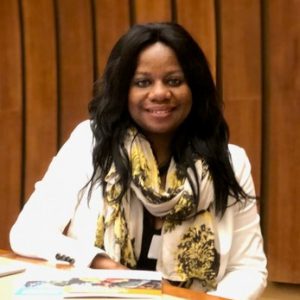 Lerina Bright
Lerina Bright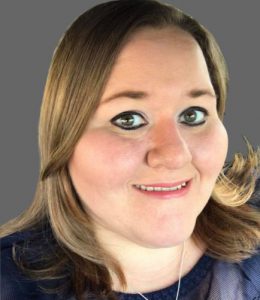

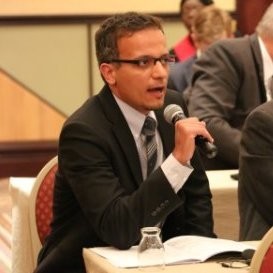
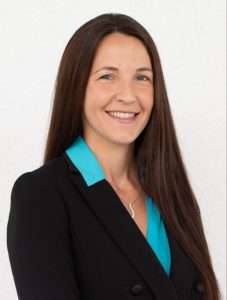
 Ronke Giwa Onafuwa
Ronke Giwa Onafuwa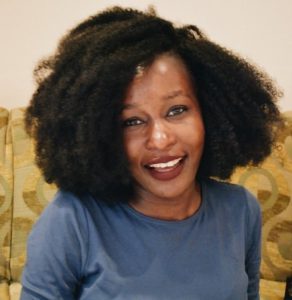

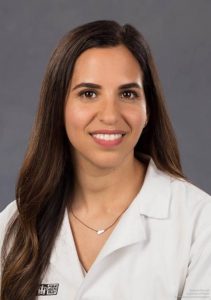
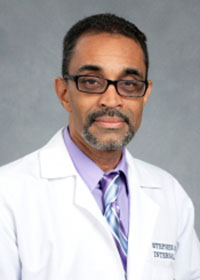
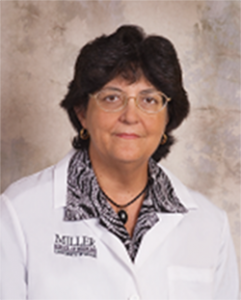
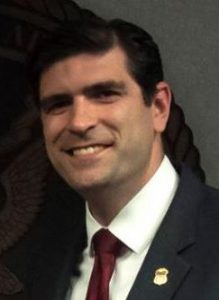
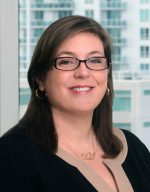
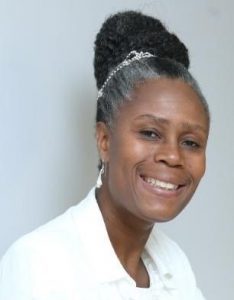 Myriam Mézadieu
Myriam Mézadieu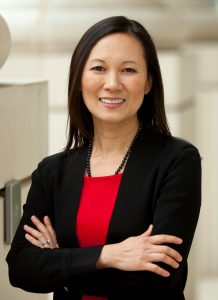 Thear Suzuki
Thear Suzuki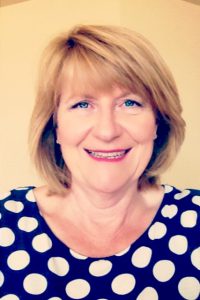 Mary Anne Silvestri
Mary Anne Silvestri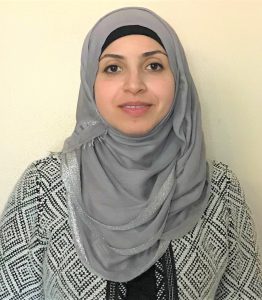
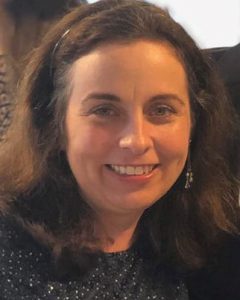
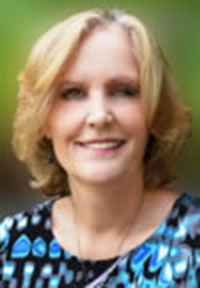 Susan Patterson
Susan Patterson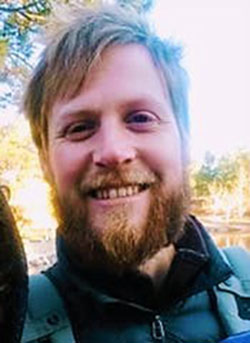 Jordan Bruxvoort
Jordan Bruxvoort